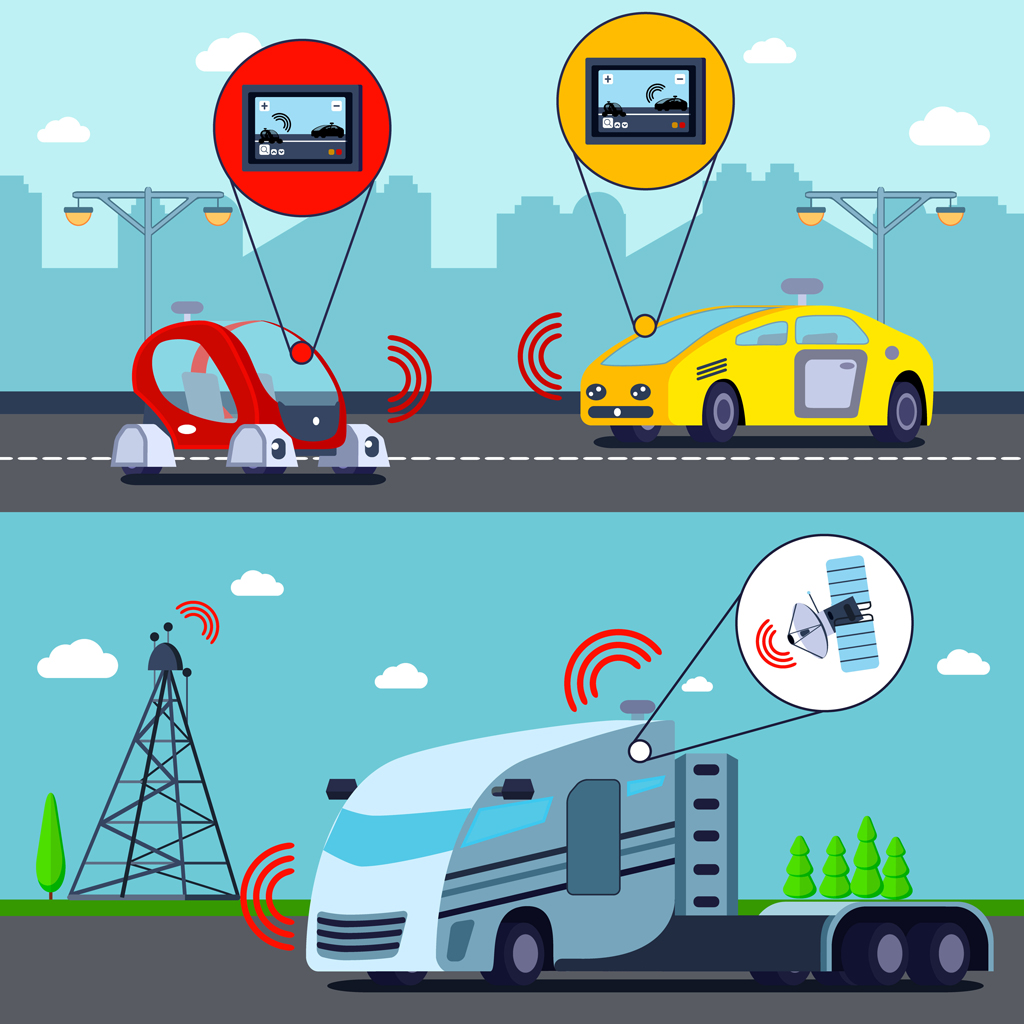The automotive industry is undergoing a profound transformation as electric and autonomous vehicles (AVs) rapidly gain traction. This shift is driven by technological advancements, environmental concerns, and a changing consumer landscape. Electric vehicles (EVs) offer a more environmentally friendly alternative to traditional internal combustion engines, with reduced emissions and a lower carbon footprint. The growth of EV sales has been significant, and this trend is expected to continue. According to a recent report by McKinsey, EVs could account for up to 35% of new car sales globally by 2030. This rise in popularity can be attributed to improving technology, making EVs more affordable and convenient, as well as increasing consumer awareness of environmental issues.
In parallel, the development of autonomous vehicles is reshaping the future of mobility. AVs have the potential to revolutionize transportation by enhancing safety, improving traffic efficiency, and providing new opportunities for ride-sharing and car ownership models. While fully autonomous vehicles are not yet widely available, significant advancements have been made in recent years. Several companies, including traditional automakers and tech startups, are investing heavily in AV technology and are already testing self-driving cars on public roads.
The race to develop and deploy AVs is intense, with companies like Waymo, Cruise, and Tesla at the forefront. Waymo, the self-driving technology company backed by Google, has already launched a robotaxi service in Phoenix, Arizona, allowing riders to hail a self-driving car through an app. Similarly, Cruise, a General Motors subsidiary, is set to launch a driverless taxi service in San Francisco soon. These developments showcase the potential for a future where autonomous mobility becomes commonplace.
As AV technology improves, we can expect to see a shift from personally owned vehicles to a model of shared mobility. This could lead to a reduction in the number of cars on the road, alleviating traffic congestion and reducing the need for parking spaces. Additionally, AVs have the potential to improve road safety significantly. According to the National Highway Traffic Safety Administration, more than 90% of road accidents are caused by human error. Autonomous vehicles, with their advanced sensor systems and machine learning capabilities, can react faster than human drivers and make split-second decisions to avoid accidents.
The integration of EVs and AVs also opens up new possibilities for innovative designs and improved in-vehicle experiences. Without the need for a steering wheel or pedals, interiors can be transformed into mobile offices or entertainment hubs, providing riders with a range of productive and leisure activities during their journeys. This convergence of technology and design will shape the future of personal transportation and reshape the automotive industry as we know it.
However, there are still challenges to be addressed, including regulatory hurdles, ethical considerations, and public trust. Concerns around data privacy, ethical decision-making in autonomous vehicles, and the potential impact on jobs must be carefully navigated to ensure a smooth transition to this new era of mobility. Nonetheless, the rise of electric and autonomous vehicles is undeniable, and the benefits they bring to sustainability, safety, and convenience are set to drive their adoption forward.
As we move towards a more electrified and autonomous future, the automotive industry will continue to evolve, presenting exciting opportunities for innovation and transformation. The convergence of electric powertrains and autonomous driving technology is creating a paradigm shift in how we think about personal mobility and transportation. While challenges and uncertainties lie ahead, the potential benefits of this transformation are vast, and the race to realize the full potential of electric and autonomous vehicles is well and truly underway. The future of mobility is here, and it promises to be electric, autonomous, and revolutionary.
